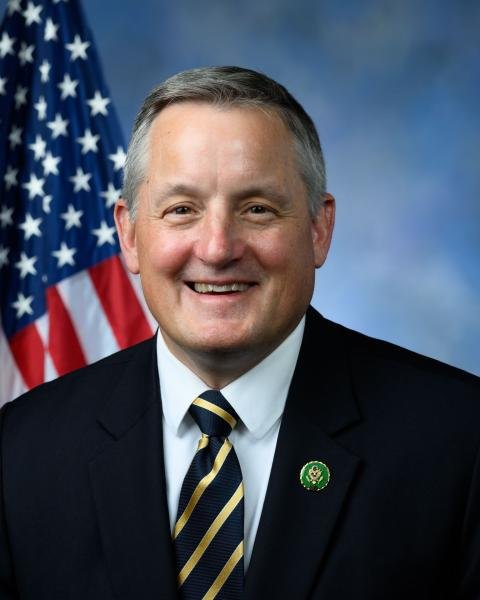First, rural small businesses and agricultural producers who are interested in going solar have until Sept. 30 — with two other deadlines before then — to apply for federal grants to help offset costs. And in Arkansas, Sept. 30 is the deadline to file for “legacy net metering” status to receive one-to-one energy credits for energy supplied to the electrical grid.
According to Professor of Agricultural Economics and Agribusiness Michael Popp with the Arkansas Agricultural Experiment Station, meeting both deadlines can have impacts on an agricultural producer’s return on investment for a solar project.
To help producers evaluate their options, Popp and his colleagues with the University of Arkansas System Division of Agriculture updated the Poultry Solar Analysis tool. This tool models the economic implications of solar energy with user input about their farm-specifics. Entered are the last 12 months of electricity cost and use to estimate equipment and installation costs, electricity rates, and financing options.
The updated decision aid tool also allows the user to specify a Rural Energy for America Program, or REAP, grant. Further, it offers a model showing how using two loans to finance a solar project can minimize the after-tax cashflow requirements of investing in solar, Popp explained.
“If you have a REAP grant and income tax credits paying for 55 percent of your project costs, you can break even at 3 cents per kilowatt hour even at the higher interest rates” Popp said.
That’s about 7 cents a kilowatt hour of risk wiggle room. Across 35 farms analyzed, Dr. Popp’s tool estimated average variable electricity rates of 10 cents per kilowatt hour in 2022. If a solar investor can lock in net-metering, cashflows are more attractive than future, avoided cost rates, Popp said.
‘Legacy net metering’
Last year, the Arkansas state legislature passed the Cost-Shifting Prevention Act of 2023. It overhauled the net metering policy in Arkansas and set a deadline of Sept. 30 to apply for “legacy net metering” status and to be “grandfathered” into the rate structure in effect before Dec. 31, 2022. If the customer qualifies, their rates would be grandfathered through June 1, 2040.
Legacy net metering allows a utility customer with an electricity generating system to receive credit from their utility provider if the customer produces excess energy. Any net excess generation credits older than 24 months can be sold back to the electric utility at the utility’s “avoided cost,” if it is at least $100, according to the Arkansas Public Service Commission’s latest Net-Metering Rules.
All costs need to be paid for constructing facilities necessary to connect a net metering facility by Sept. 30, the new rules state. The facilities could also include those that produce energy from wind, water and geothermal.
Those who do not apply for legacy net metering will fall under the next compensation policy called “net energy billing,” which will allow sale of power to the utility grid, but the utilities will no longer be mandated to reimburse at the rates they charge.
Another critical component of solar investment analysis is application for the U.S. Department of Agriculture’s REAP program, said Yi Liang, Associate Professor with the Cooperative Extension Service. The REAP program offers loans and grants for rural small businesses and agricultural producers. The application deadlines for the REAP programs are March 31, June 30 and Sept. 30. However, Liang noted that it takes between three and six months to score and rank the REAP applications.
“For anyone to meet the state’s Sept. 30 deadline for legacy net metering, the March 31 REAP grant deadline would be the one to shoot for,” Liang said.
Two loans better than one
Popp revisited the analysis tool with Liang and other colleagues to assess the finance and risk management considerations of investing in solar panels for agricultural uses.
A portion of their report, currently under review with the USDA Economic Research Service, explains how economic modeling suggests that two loans were superior to a single 10- or 20-year loan.
Using the updated Poultry Solar Analysis tool, Popp noted the break-even cost of electricity is lower with two loans than one because “better cashflow matching leads to more timely loan repayment, which saves on interest expenses.”
Running the same model for 35 farms with different electricity rate structures, Popp and his team found that choosing 10-year or 20-year equipment loans — with or without a secondary income tax credit loan repaid upon income tax realization — revealed a best-case scenario with two loans. The 10-year equipment loans optimally sized in conjunction with either a one-year or five-year income tax credit loan led to the highest “net present value” of 30-year, after-tax cashflows.





















